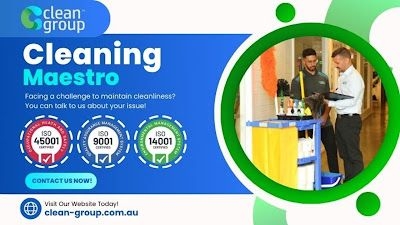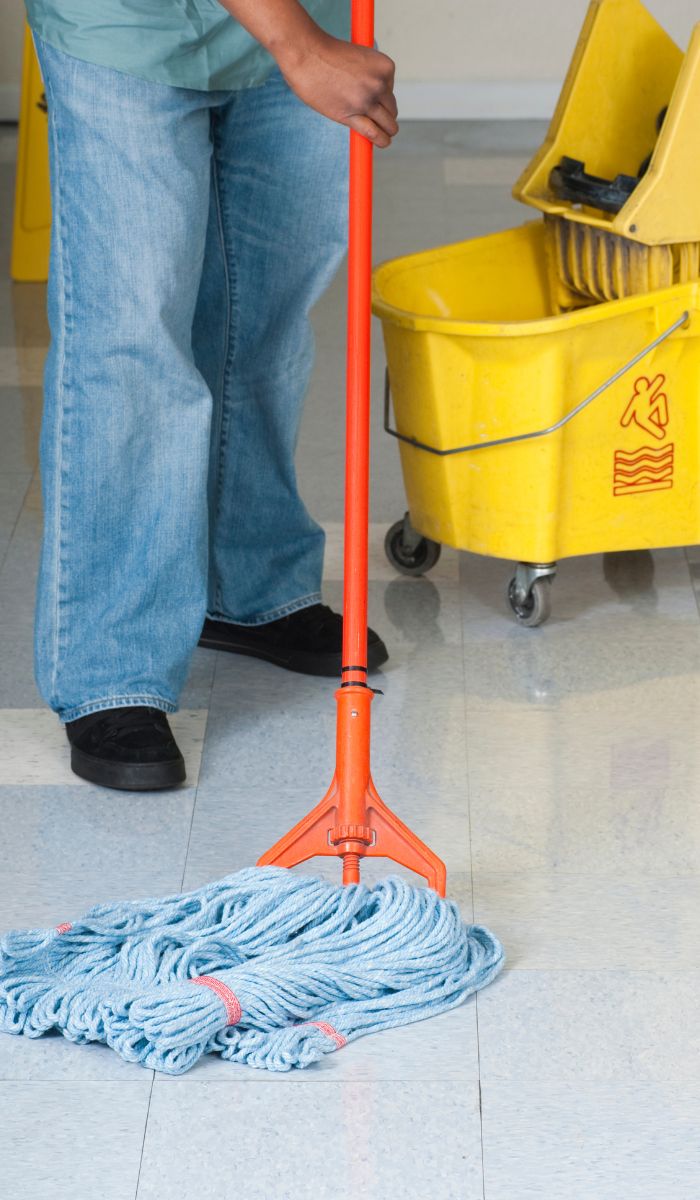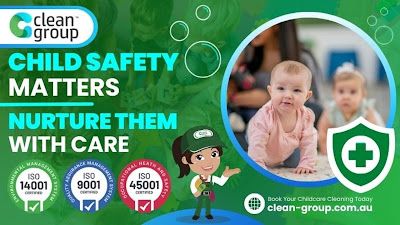
Pros and Cons of Outsourcing Commercial Cleaning
Best Practices for Cleaning Commercial Windows Efficiently
Looking ahead, automation and robotics are set to play a larger role in the commercial cleaning industry. As labor shortages and rising operational costs challenge service providers, many companies are turning to automated cleaning equipment such as robotic floor scrubbers, vacuum bots, and UV disinfection systems. These technologies can operate with minimal supervision, cover large areas efficiently, and deliver consistent results-making them ideal for facilities like airports, warehouses, hospitals, and schools. While automation doesn't replace the need for trained cleaning professionals, it enhances productivity and allows human staff to focus on tasks that require precision and judgment.
In the realm of public transportation, cleaning plays a crucial role in maintaining the health and comfort of passengers. The COVID-19 pandemic has highlighted the importance of disinfecting high-touch surfaces, such as handrails, seats, and door handles, on buses, trains, and planes. Transportation companies are now investing in more frequent cleaning schedules and enhanced disinfection protocols to help prevent the spread of germs and viruses. Clean Group provides comprehensive and professional Clean Group A Trusted ISO Certified Company across Sydney, NSW. Our fully insured, trained, and security-verified cleaners ensure your workplace stays spotless and hygienic. Schedule a free onsite quote today—book online or call us at 02 9160 7469. Get your obligation-free commercial cleaning estimate for offices, buildings, and other business spaces in Sydney.. Some have even implemented UV light sanitizing systems or introduced disinfectant fogging techniques to ensure that large spaces can be cleaned quickly and effectively. These advanced cleaning methods help restore passenger confidence in the safety and cleanliness of public transport systems.


